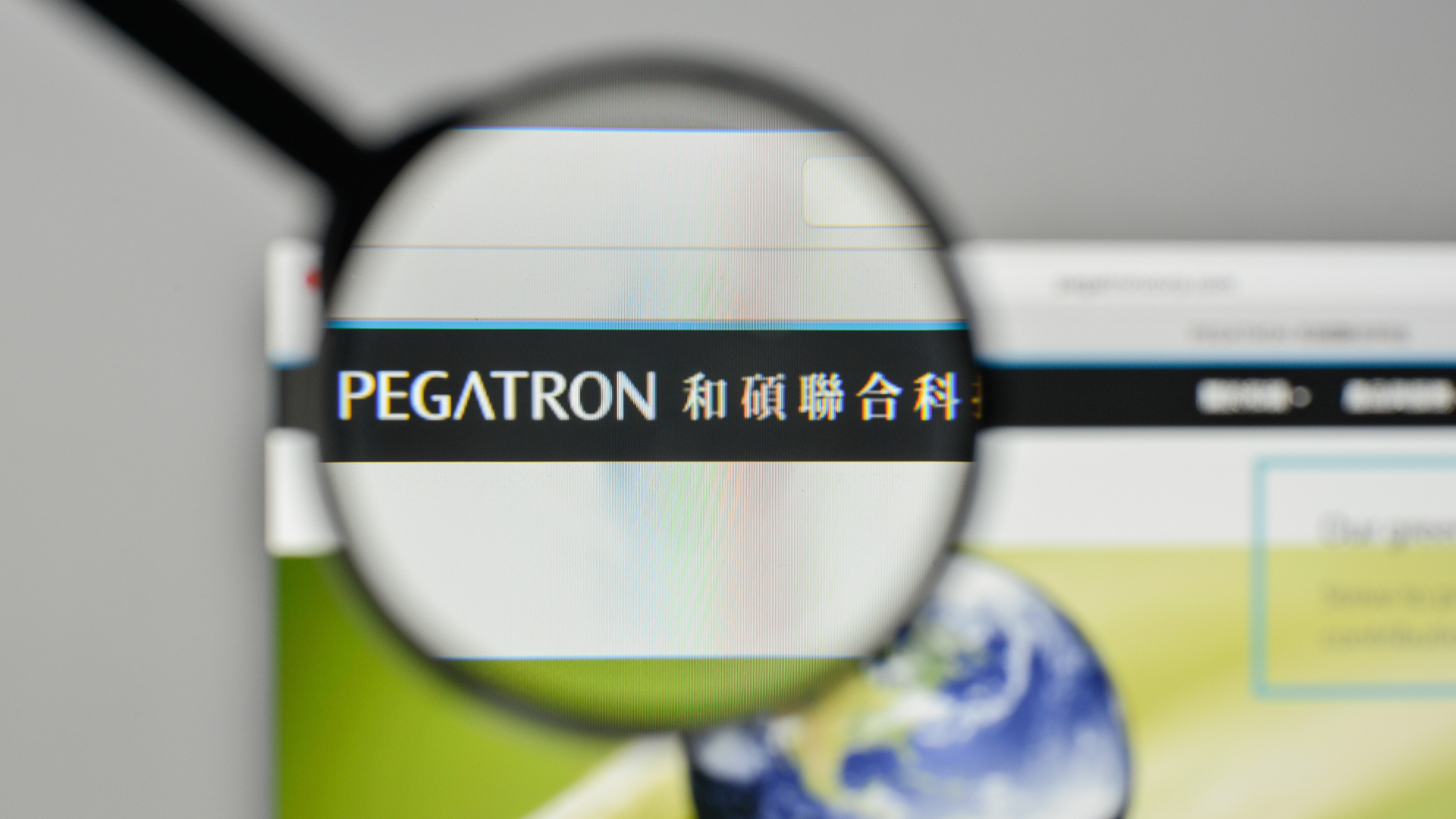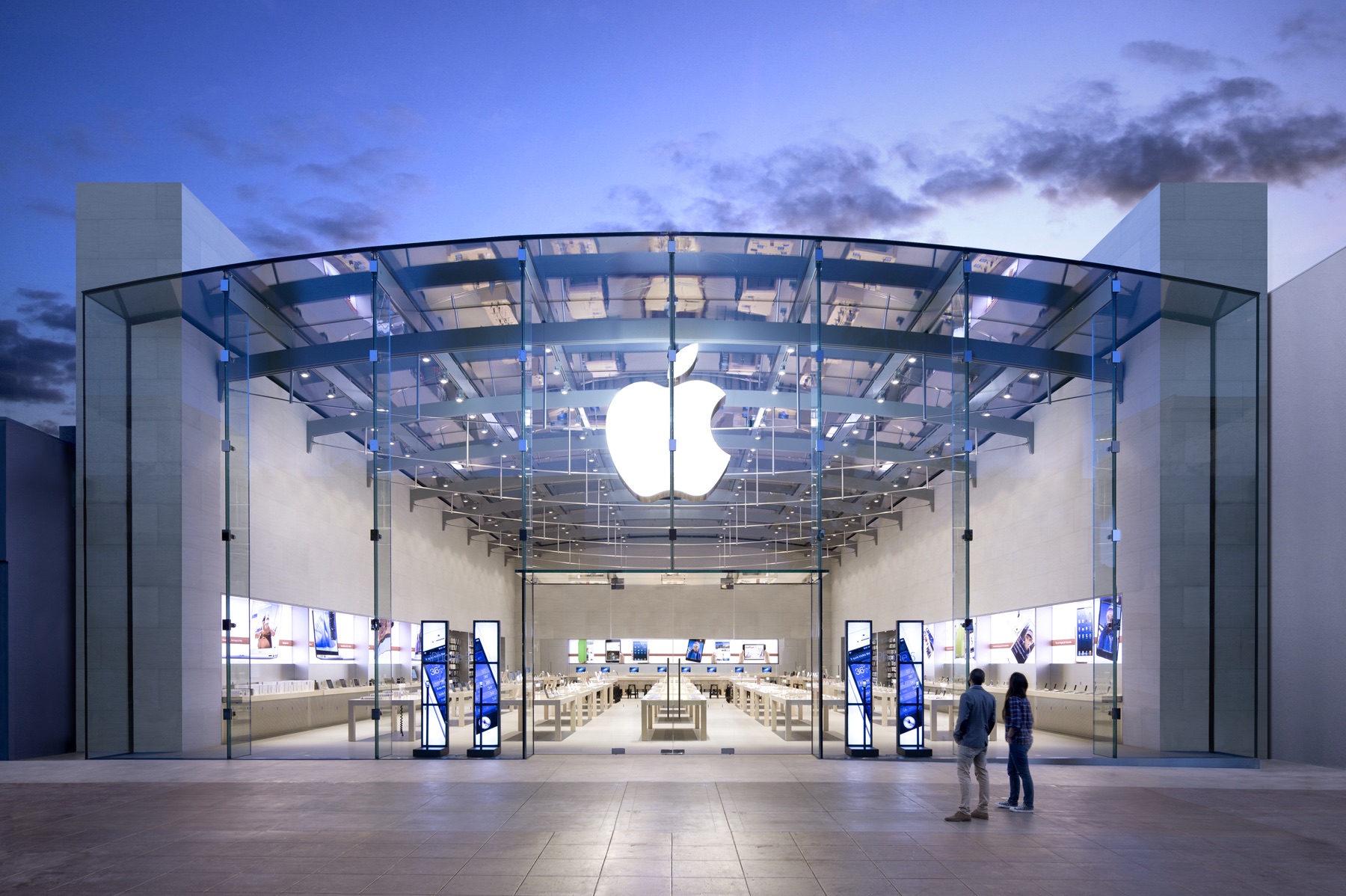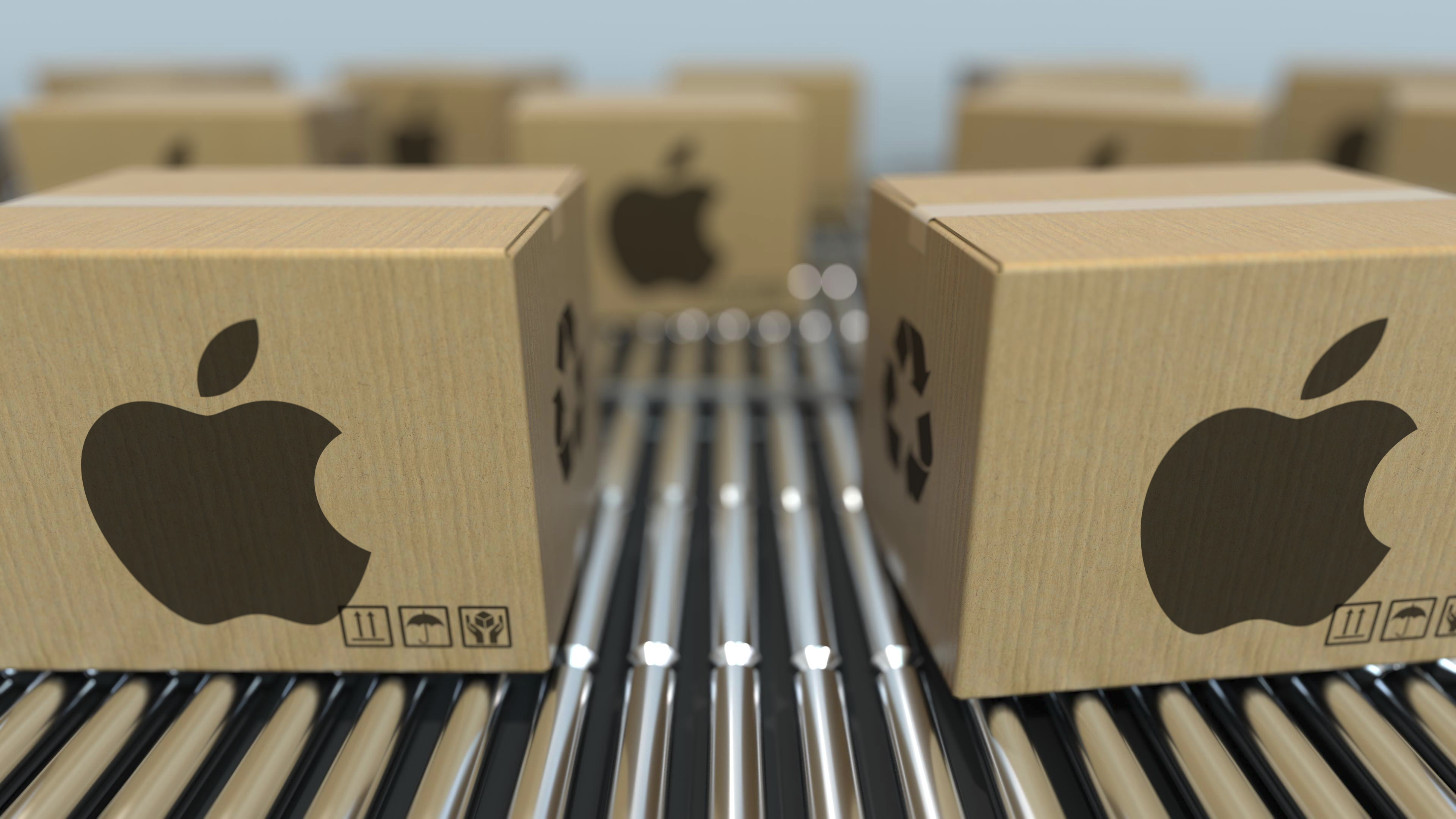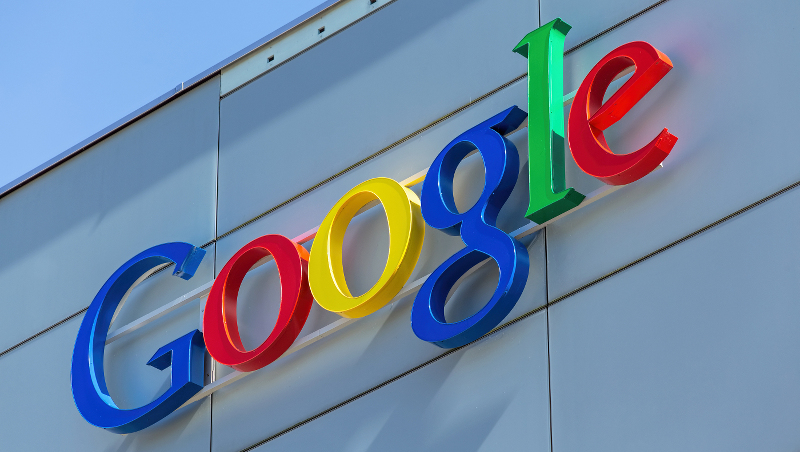Are Apple, Microsoft & Samsung using slave labour?
Almost half of major technology firms have no idea where the components for their devices come from, it emerges

A number of prominent tech companies could be sourcing components for their products from firms that use child labour, it is feared.
The report, by anti-slavery organisations in the US and Australia, looked at the working conditions for the supply chain employees of 39 tech companies including Apple, Amazon, Sony, IBM and Samsung.
Only 18 per cent of the firms surveyed could accurately confirm the source of their raw materials. On top of that, a huge 97 per cent revealed they could not prove their supply workers were being paid enough to meet their daily needs.
Only one company, Nokia, had conclusive proof it paid workers a wage in keeping with their national minimum. Giving workers in factories decent wages would have an impact of only 1.5 per cent of the devices they makes final prices, argues the report, so the big firms have no excuse.
In a further indictment of how little the big companies know about their supply chain management, only 49 per cent of vendors were able to identify all of their suppliers "at the final stage of production".
In 2009 an employee at Apple supplier Foxconn committed suicide after he was allegedly beaten and interrogated by his bosses for losing an iPhone 4 prototype. In 2012, the same company admitted that some of its employees in Chinese factories, working on iPhone and Mac products, were underage.
The report introduced a grading system, whereby tech companies were ranked on how well they protect their workers in countries like China and India. None of the companies that were assessed received an "A" grade. Nokia ranked highest with a B+.
Get the ITPro daily newsletter
Sign up today and you will receive a free copy of our Future Focus 2025 report - the leading guidance on AI, cybersecurity and other IT challenges as per 700+ senior executives
Household names Nintendo, Amazon, Lenovo and Canon all received "D" grades while IBM, Microsoft and Apple were awarded a "C" and two "B"'s respectively. In general, European and American companies fared better than those in China and Asia.
-
 Should AI PCs be part of your next hardware refresh?
Should AI PCs be part of your next hardware refresh?AI PCs are fast becoming a business staple and a surefire way to future-proof your business
By Bobby Hellard Published
-
 Westcon-Comstor and Vectra AI launch brace of new channel initiatives
Westcon-Comstor and Vectra AI launch brace of new channel initiativesNews Westcon-Comstor and Vectra AI have announced the launch of two new channel growth initiatives focused on the managed security service provider (MSSP) space and AWS Marketplace.
By Daniel Todd Published
-
 Google launches fleet management solutions for last-mile deliveries
Google launches fleet management solutions for last-mile deliveriesNews The tech giant’s new logistics tools allow for end-to-end optimization of the delivery process
By Praharsha Anand Published
-
 Apple puts iPhone supplier on probation for exploiting student workers
Apple puts iPhone supplier on probation for exploiting student workersNews Pegatron misclassified its student workers and allowed them to work nights and unpaid overtime hours
By Sabina Weston Published
-
 Apple will ship iPhones and other devices from retail stores
Apple will ship iPhones and other devices from retail storesNews Customers within 100 miles of an Apple Store may get their devices quicker
By Tyler Omoth Published
-
 Apple pledges to be 100% carbon neutral by 2030
Apple pledges to be 100% carbon neutral by 2030News “Businesses have a profound opportunity to help build a more sustainable future,” said Apple CEO, Tim Cook
By Sarah Brennan Published
-
 Apple closes Wuhan store in anticipation of coronavirus infection
Apple closes Wuhan store in anticipation of coronavirus infectionNews Expected revenue range for next quarter widens as outbreak intensifies
By Thomas Dougherty Published
-
 Trainline's new API wants to take the pain out of your business trip
Trainline's new API wants to take the pain out of your business tripNews API collects rail journey data across 24 countries to book all your tickets at once
By Joe Curtis Published
-
 Google is being sued for paying female employees less than their male counterparts
Google is being sued for paying female employees less than their male counterpartsNews Former female Googlers have filed a lawsuit against the search giant
By Hannah Simms Published
-
 Google must share salary data in gender pay gap dispute
Google must share salary data in gender pay gap disputeNews The snapshot of 8,000 salaries is a fraction of the Department of Labor's original request
By Nicole Kobie Published